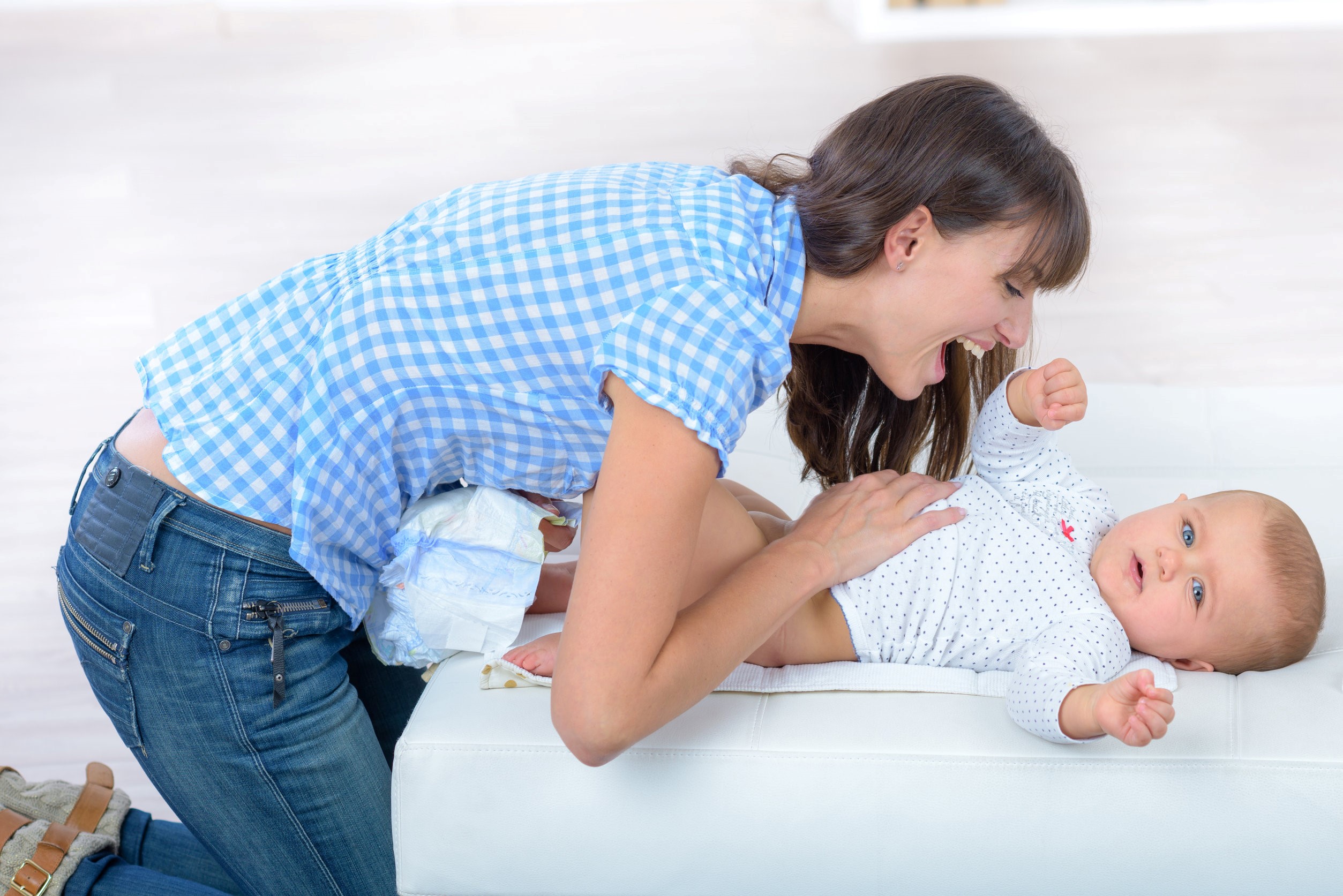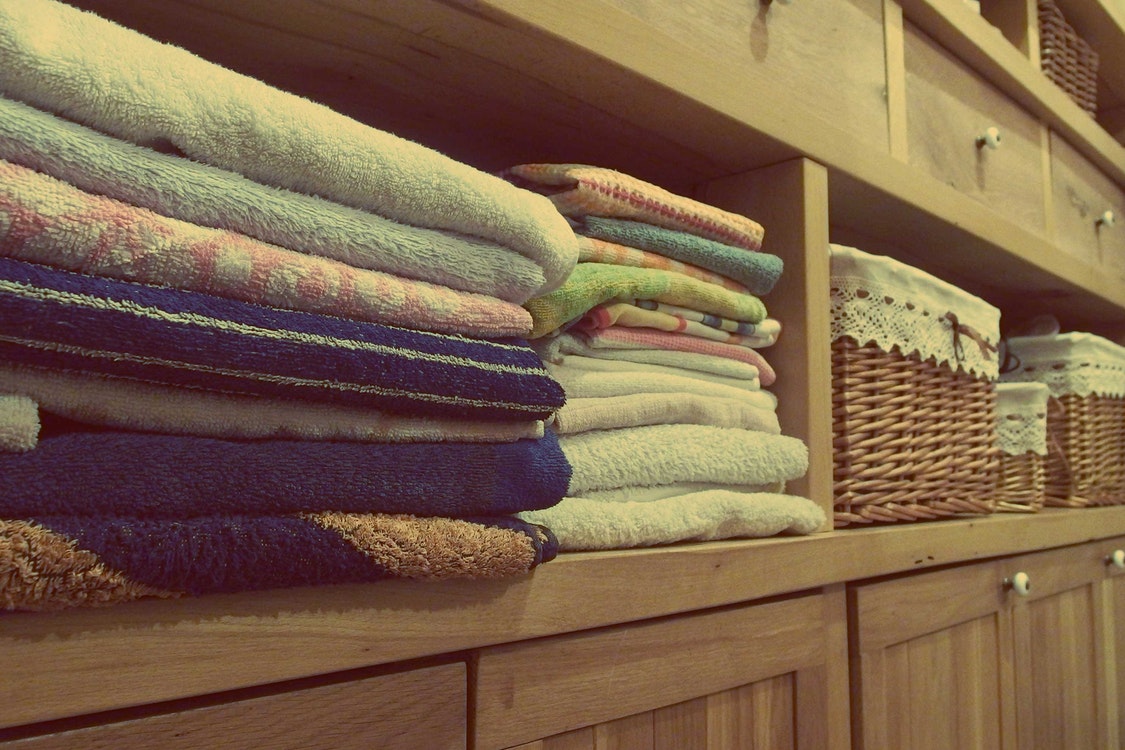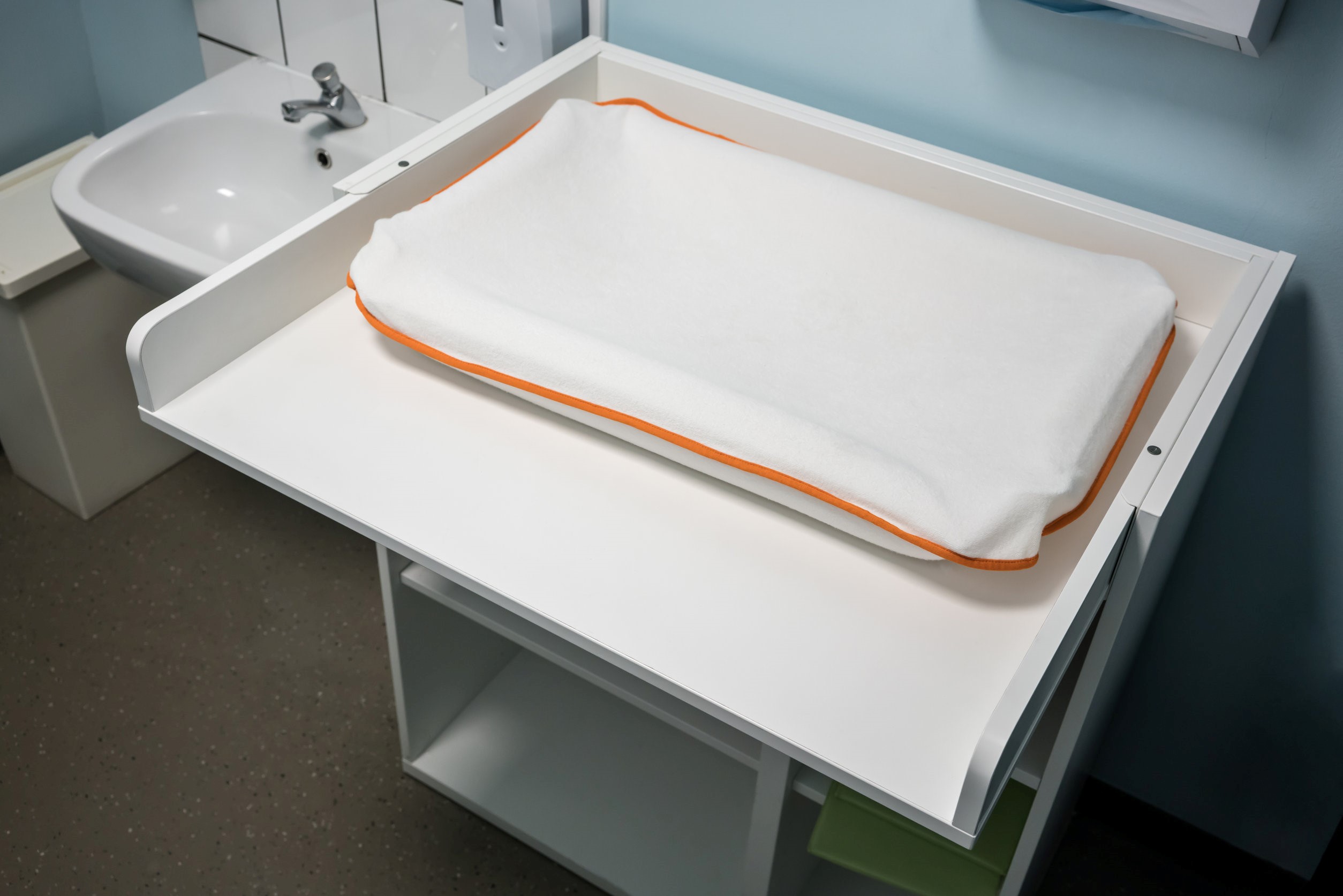Getting splashed by your baby boy’s potty accidents might feel like an inevitable part of parenthood. While that is true to a certain extent, you aren’t completely helpless here. There are a lot of precautions you can take to avoid getting peed on by your baby boy, making nappy changes much safer affairs.
Don’t rush to change your baby boy’s diaper – especially if they just woke up. Keep their crotch covered while changing to avoid the most immediate threat. You can encourage them to pee (or to withhold it) by using temperature to manipulate their voiding reflex. You can’t always help it, so be sure to pee-proof your main changing stations. You’ll get much better dealing with this after some practice, so just bear with the process until then.
We’ve scrounged up a shortlist for you to work with to handle one of the most common diaper changing problems. Not every suggestion in this article is guaranteed to work for your child, so be sure to run through all of your options – see which of them work best for your baby boy.
How to Avoid Getting Peed By a Baby Boy?
1. Wait A While After They Wake Before Changing

Babies start peeing and pooping immediately after waking, but their bladder control gradually improves with age. It won’t have them get anywhere close to potty-trained, but it does add a delay that might end up a disaster for you.
Even if they do start to soil their diapers after the wait, don’t bank on it being over just yet. Your baby boy could have stopped rather than finished here.
The best way to be sure is to delay the change for around five to ten minutes after they wake up. By then, most babies will have gotten the mess fully out of their system. A bit of patience goes a long way towards avoiding your baby boy’s dreaded pee splatter.
2. Cover Them Up
Sometimes, the simplest solutions work best. On that front nothing tops a simple cloth barrier: just drape a towel over their crotch while changing them. The fabric would block it from splashing, making the pee trickle back down to your child’s soiled diaper. It’d still be a little mess, but one you can manageably clean with minimal hassle.
Covering them up is one of the more universal recommendations to avoid getting peed on by baby boys, as they can make huge messes of themselves and their environment
While dedicated pee guards are available in the market, we wouldn’t recommend splurging on them. Most of these come at premium rates but don’t really offer much a clean, readily-available cleaning cloth would. Just about any clean cloth would do here so long as it fully covers them up.
3. Mind the Cues
There are a few warning signs to watch for that might indicate your baby boy is about to take a whizz. Some babies grimace a little before peeing, while others kick their arms and legs out. The biggest giveaway tends to be if your little boy’s peepee gets stiff for no reason – if you see them do this, make sure to brace yourself to control the mess.
Even without a few dead giveaways, sometimes a parent’s intuition can predict when your baby boy is about to pee. Just trust your instincts and act. If you happen to be wrong, there’s no harm done. If you got it right, you’ll save yourself a headache on cleanup. Don’t be afraid to take a guess – even then, you’ll probably get more right than wrong.
4. Use Cold Wipes to Encourage Peeing
This trick might sound ridiculous but works off simple, proven science. Cold wipes applied to a baby’s lower body triggers the cutaneous voiding reflex, which leads to urination at a very reliable rate. This method is called the Quick-Wee in Australia and has proven to be a huge improvement in the Clean Catch method’s speed – especially for infants under the age of one.
While other sources of cold could lead to similar effects, they won’t be nearly as efficient, safe, or readily available as cool wipes would be.
5. Keep them Warm to Lower Pee Risk
You can apply the same principle above to lower their likelihood to pee while changing. Make sure your changing area is in a nice, warm spot free from cold drafts.
Bear in mind that this just lowers the risk of them peeing during the change. Your baby boy could still have a potty accident if they really needed to go. They could also just as easily pee shortly after you finish changing them – while it wouldn’t be messy, it’d still be a big inconvenience.
6. Keep Their Hands Occupied
While it won’t directly keep them from making a mess, keeping their hands clear mitigates any disruptions they might cause you during the process.
It also prevents them from compromising your preventative measures. For instance, your baby boy could easily dislodge the pee barrier (see recommendation #2) before splashing their changing station. Doing this also keeps them from touching their ruined diaper.
The best way to keep their hands away, in our experience, is by pulling their shirt up around their arms, then clipping the top of it with a clothespin. It should keep their hands clear for at least half a minute, which should be more than enough time for a quick nappy change.

Some parents choose distractions to keep their children occupied. This can be done with toys, singing them a little song, or even simply talking to them. It’s not as certain as the clip method, but makes for a nice option if you don’t have extra cloth and a pin on hand.
No matter your preferred method, all of these serve to minimize their potential movement and make the whole changing process go along easier, faster, and smoother.
7. Remember to Respond Quickly
No matter how much you prepare, not all potty accidents can be helped. Babies can go through over a dozen diapers a day – they’d inevitably take a whizz between nappy changes at some point.
A lot of things could ruin your careful preparations – their cloth barrier towel could end up dislodged, a cold draft could sneak in and trigger their bladder-voiding reflex, or you could have simply missed the warning signs meant to cue you in.
Your first priority is keeping the pee stream away from both you and your baby boy’s faces, so close your mouth and try to keep it away from your eyes and ears. If need be, use your palm to deflect the mess downwards – you’ll only end up having to clean a smaller area this way.
8. Keep an Extra Towel on Standby

Always keep an extra cloth towel on standby. Doing so helps nip these accidents in the bud before things escalate. Make sure you’re using a bigger towel to handle the mess, as this helps minimize the number of return trips you’ll need while cleaning.
On the slim chance their crotch-covering barrier slips off, an extra towel can also serve as a handy pee shield in a pinch! You might even want to consider keeping a second spare towel available close by to play it even safer.
9. Pee Proof Your Changing Station

A pee-proof changing station translates to much less cleanup in the long run. Even if you dodge or block their mess, their urine will still likely soak the area. You’ll be wasting just as much time sanitizing the changing station as you would have cleaning yourself up.
While you can influence your baby boy’s actions, you can’t ever truly control them. You can, however, focus on mitigating these consequences. Even if the worst outcome happens, the effects won’t be nearly as bad provided you take the right preventative steps.
Dedicated pee pads, for starters, work quite well to improve your changing station. They’re absorbent, comfortable for your infant to lie on, and very practical to buy given how long you can use them. Aibuy Pee pads are a great selection due to their anti-slip design ensuring infant safety, machine washability, and allergen-free cotton material.
10. Practice Changing Faster
The best way to prevent baby boys from peeing on you is to shorten the window of time they have to make that mess! You’ll hone this skill eventually – a single baby can go through three hundred diapers a month for some families.
Practice makes perfect, and improvements here mean less downtime between nappy changes!
Final Thoughts
It might seem hard to avoid getting peed on by your baby boy, but you have plenty of options to minimize the likelihood of that outcome. Hope for the best, plan for the worst, and pay close attention to your baby boy while changing their nappy. You’ll get a feel for this eventually!